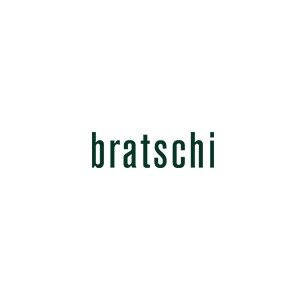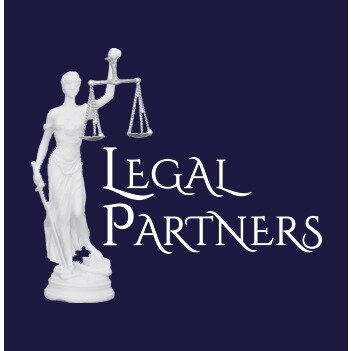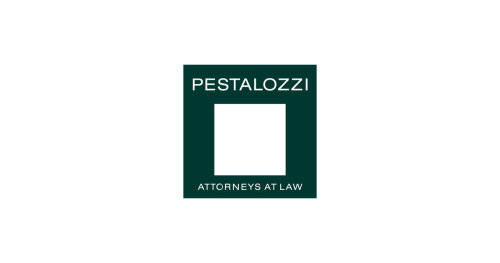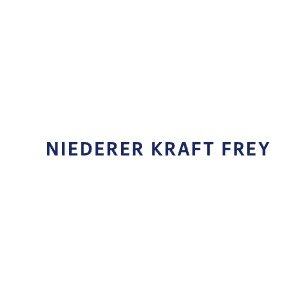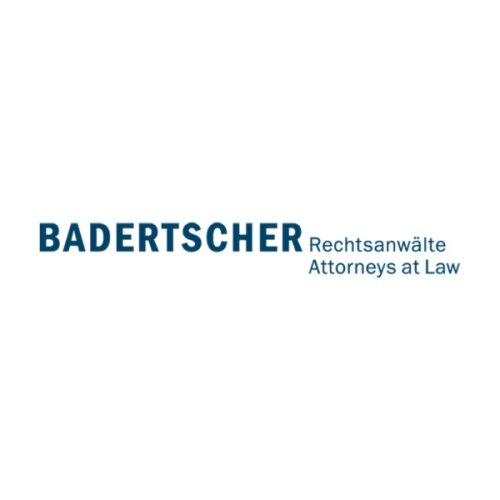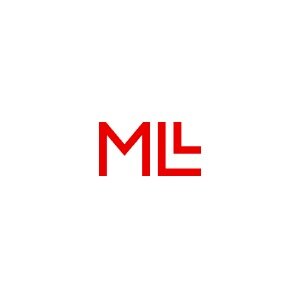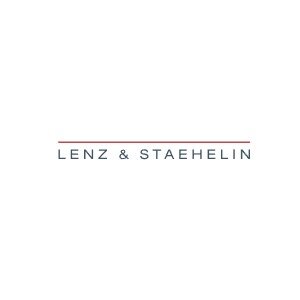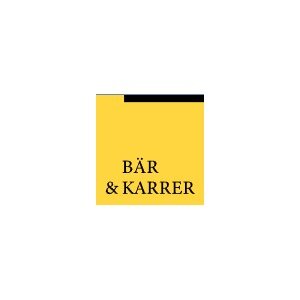Best Energy Regulatory Law Lawyers in Zurich
Share your needs with us, get contacted by law firms.
Free. Takes 2 min.
List of the best lawyers in Zurich, Switzerland
About Energy Regulatory Law in Zurich, Switzerland
Energy Regulatory Law refers to the body of legal rules, regulations, and standards that govern the generation, transmission, distribution, and use of energy within a jurisdiction. In Zurich, Switzerland, this area of law is particularly significant due to the city’s role as an economic hub and its commitment to sustainable energy initiatives. Energy law sets the framework for how utilities operate, how markets function, and how environmental responsibilities are managed. Swiss federal law provides the overarching legal context, while the Canton of Zurich has established additional regulations that apply within its territory. This system ensures reliability, fair competition, and the protection of consumers and the environment.
Why You May Need a Lawyer
Energy Regulatory Law can be complex and highly technical. Individuals and businesses may require legal assistance in a variety of scenarios, such as:
- Compliance with local and federal energy regulations when starting a new energy project
- Negotiating energy contracts, purchase agreements, or supply arrangements
- Participation in renewable energy initiatives or seeking subsidies
- Resolving disputes involving energy use, costs, or infrastructure
- Addressing environmental concerns or regulatory investigations
- Securing licenses or permits for energy production, distribution, or trading
- Ensuring data protection and handling obligations related to smart grids and metering
- Navigating energy price control and tariff issues
- Managing cross-border energy transactions or investments
- Understanding changes in energy policy or market liberalization efforts
A qualified lawyer can help interpret evolving law, represent your interests before regulatory authorities, and ensure compliance with all applicable obligations.
Local Laws Overview
Swiss Energy Regulatory Law is primarily governed by federal statutes, including the Energy Act (Energiegesetz, EnG), the Electricity Supply Act (Stromversorgungsgesetz, StromVG), and the Energy Ordinance (Energieverordnung, EnV). The Canton of Zurich and the City of Zurich supplement these rules with regional laws and guidelines, especially in the areas of energy efficiency and environmental protection.
Key aspects of these local laws include:
- Market Regulation: Rules for grid access, competition, and energy trading are transparent and fair to encourage market efficiency.
- Consumer Protection: Rights and protections related to tariffs, supplier choice, and service quality are detailed and enforced.
- Renewable Energy: Incentives and obligations for renewable power generation and integration into the grid are actively promoted.
- Environmental Standards: Legal provisions mandate considerations for environmental sustainability and CO2 reduction.
- Energy Efficiency: Guidelines for buildings, infrastructure, and appliances to lower overall energy consumption are rigorously managed.
- Permitting and Reporting: Strict requirements exist for permits and ongoing compliance reporting for energy activities.
- Dispute Resolution: Mechanisms for resolving conflicts between participants, such as arbitration and mediation, are available.
Frequently Asked Questions
What is Energy Regulatory Law and why does it matter in Zurich?
Energy Regulatory Law sets the legal foundational framework for the energy sector, shaping how energy is produced, traded, delivered, and consumed. In Zurich, it matters because the city relies on a secure, sustainable, and efficient energy supply for its businesses and residents.
Who regulates the energy sector in Zurich?
The energy sector is regulated mainly by federal authorities, particularly the Swiss Federal Office of Energy, but also by the Canton of Zurich and the City of Zurich. Different agencies oversee the implementation of specific rules and policies.
Do I need a permit for building a solar installation at my property?
Yes, most solar installations require notification or permitting by local authorities. The requirements can vary based on size, impact, and location, so consulting with legal counsel or the local building department is advisable.
What subsidies exist for renewable energy projects?
Switzerland, including Zurich, offers a range of subsidies and incentives for renewable energy projects. These may include feed-in tariffs, investment support, and tax advantages, depending on the project’s nature and scale.
How are electricity prices regulated?
Electricity prices are subject to regulation to protect consumers and ensure transparency. The Swiss Federal Electricity Commission (ElCom) oversees price controls and authorizes tariffs.
Can I choose my electricity supplier in Zurich?
Eligibility to choose a supplier depends on the consumer’s profile. While large consumers above a certain threshold can choose their supplier, most households remain with the default provider due to market phased liberalization.
What should I do if there is a dispute with an energy supplier?
Disputes can often be resolved directly with the supplier. If not, mediation, arbitration, or complaints to regulatory authorities such as the Swiss Federal Electricity Commission are possible steps.
Are energy performance requirements strict in Zurich?
Yes, both the Canton and the City of Zurich have implemented progressive energy performance standards, especially for buildings, in addition to those set by Swiss federal law.
What are my rights regarding data collected by energy companies?
Swiss data protection laws apply to information collected by energy companies, especially related to smart meters. Consumers have the right to know how their data is used and to ask for corrections or deletion under certain circumstances.
How does Zurich support the transition to clean energy?
Zurich actively supports clean energy transitions through a mix of regulatory measures, funding schemes, public initiatives, and strategic plans aiming for sustainability and climate neutrality.
Additional Resources
If you are looking for further information or support regarding Energy Regulatory Law in Zurich, consider reaching out to the following entities:
- Swiss Federal Office of Energy (SFOE) - National regulatory information and guidance on energy topics
- Swiss Federal Electricity Commission (ElCom) - Oversight of electricity market and tariff regulations
- Zurich Cantonal Energy Office - Local regulations, permits, and incentives for the Canton of Zurich
- City of Zurich Energy Department - Programs and standards specific to city initiatives
- Swiss Association for Energy Law - Professional organization with resources and events
- Consumer Advocacy Groups - For issues related to supplier disputes or consumer rights
Next Steps
If you require legal advice or assistance related to Energy Regulatory Law in Zurich, consider the following steps:
- Gather all relevant documents and details about your specific situation or project
- Contact a specialized lawyer or law firm with expertise in Swiss and Zurich energy law
- Prepare a list of questions and objectives for your initial consultation
- Check if any immediate deadlines or regulatory requirements apply to your case
- Engage your legal advisor early to ensure strategic guidance from the outset
- Consult official bodies as needed for clarifications or to access resources
By taking these steps, you will be better prepared to navigate the complexities of Zurich’s energy regulatory landscape and protect your rights and interests effectively.
Lawzana helps you find the best lawyers and law firms in Zurich through a curated and pre-screened list of qualified legal professionals. Our platform offers rankings and detailed profiles of attorneys and law firms, allowing you to compare based on practice areas, including Energy Regulatory Law, experience, and client feedback.
Each profile includes a description of the firm's areas of practice, client reviews, team members and partners, year of establishment, spoken languages, office locations, contact information, social media presence, and any published articles or resources. Most firms on our platform speak English and are experienced in both local and international legal matters.
Get a quote from top-rated law firms in Zurich, Switzerland — quickly, securely, and without unnecessary hassle.
Disclaimer:
The information provided on this page is for general informational purposes only and does not constitute legal advice. While we strive to ensure the accuracy and relevance of the content, legal information may change over time, and interpretations of the law can vary. You should always consult with a qualified legal professional for advice specific to your situation.
We disclaim all liability for actions taken or not taken based on the content of this page. If you believe any information is incorrect or outdated, please contact us, and we will review and update it where appropriate.




